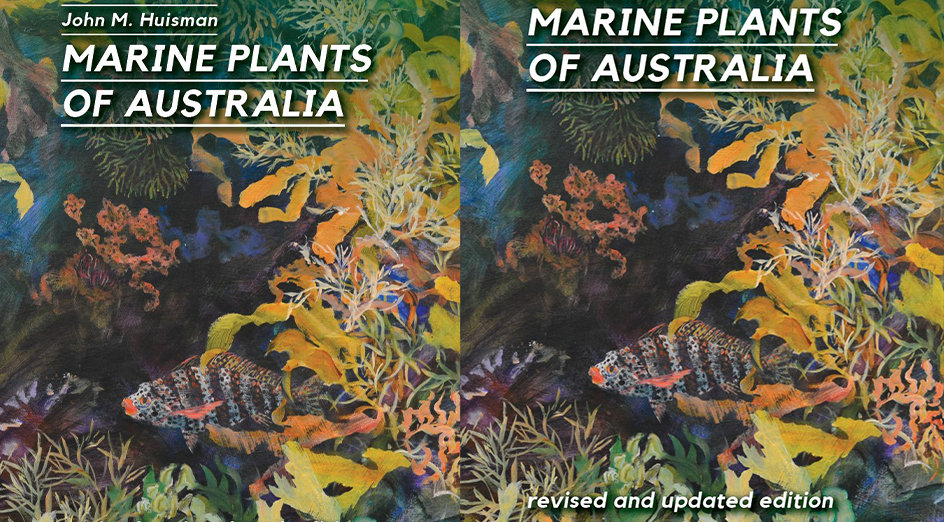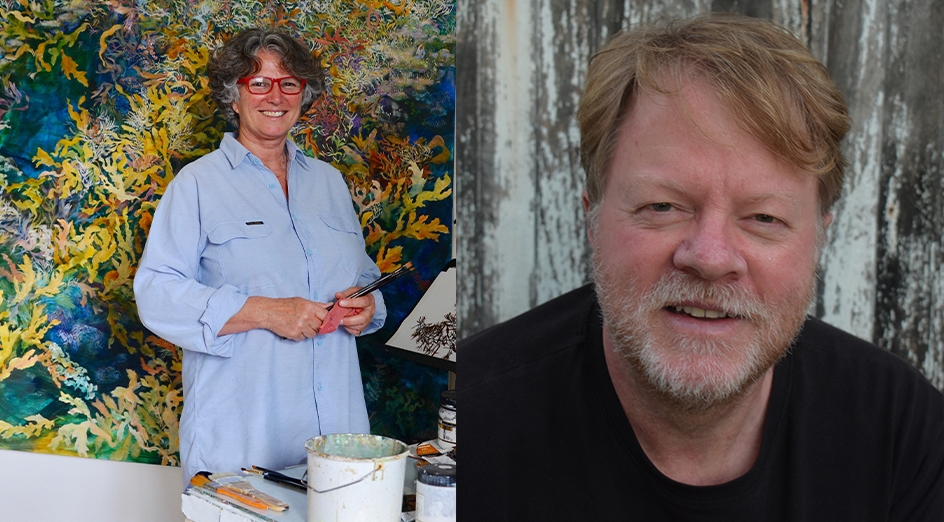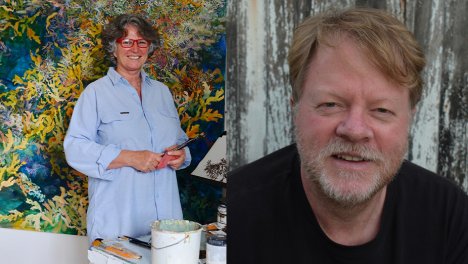University of Western Australia Uncovers the Hidden Beauty of Australia’s Marine Plants
When people think of marine plants, many probably picture unattractive seaweed washed ashore or tangling around their ankles in shallow waters.
The newly revised and updated third edition of Marine Plants of Australia published by UWA Publishing is set to change that perception.
Authored by curator of the Western Australian Herbarium Dr John Huisman, who has dedicated his career to studying the classification of Western Australian seaweeds, particularly those in the North West, it showcases more than 640 species of underwater plant life found in Australia’s coastal waters.

Image: The third edition of Marine PLants of Australia showcases more than 640 species of underwater plants.
Dr Huisman has a passion for underwater photography and his images reveal the amazing colours and intricate patterns that thrive beneath the waves, including plants with blue foliage that turns red in the dark, iridescent plants, and plants that look like rocks painted in shades of pink.
There are seaweeds with the consistency of jelly, or with fronds that form an intricate mesh to rival the most elaborate lace, and plants that have evolved a startling myriad of shapes, colours and patterns.
Marine Plants of Australia is fully referenced and includes detailed descriptions and line drawings that delve into the complexities of marine plants, serving as an invaluable identification guide for scientists, educators and nature enthusiasts eager to uncover the mysteries of our coastal ecosystems.
The book is Dr Huisman’s ninth and a testament to his dedication to marine science and photography.
His contributions to the field have been recognised with prestigious awards, including the Prescott award for his scientific book on Hawaiian algae.

Image: Artist Angela Rossen (left) provided the cover artwork for author Dr John Huisman’s new book (right).
The stunning cover artwork was created by artist and science communicator Angela Rossen from The University of Western Australia’s School of Biological Sciences and is a section of her eight-metre painting of South Cottesloe’s Elizabeth Reef.

